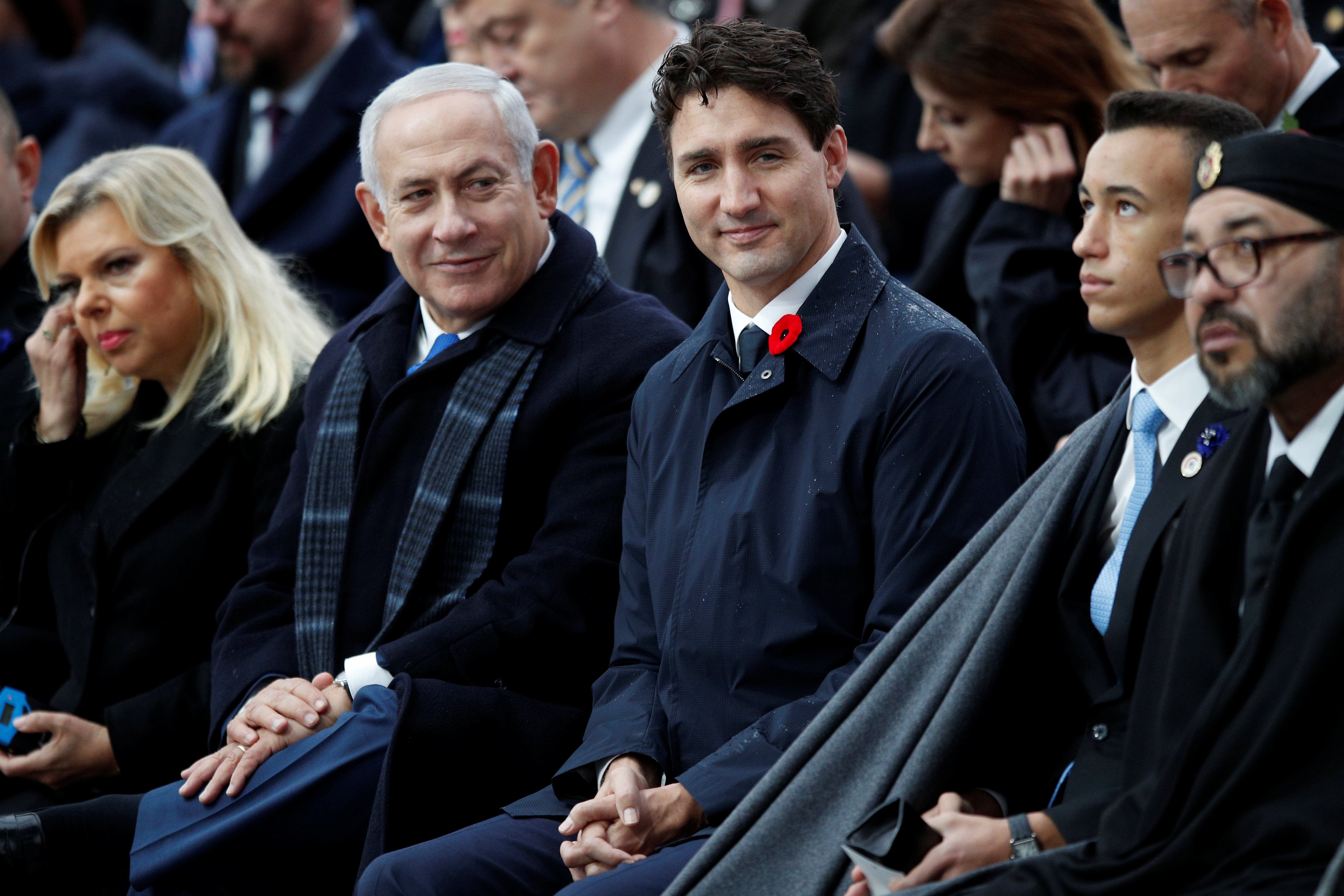The last time the UN voted on a similar measure in late October, Canada voted with the US and Israel, but this time Canada, Australia, and New Zealand flipped their votes. The three prime ministers condemned Hamas’s Oct. 7 attacks and expressed support for Israel’s right to defend itself but noted their concern about the “scale of the humanitarian crisis in Gaza and ongoing risks to all Palestinian civilians.”
President Joe Biden, meanwhile, has provided “rock solid” support for Israel, expanding arms exports to Israel and using its UN Security Council veto power to thwart international censure. But Biden did voice rare US criticism of Israel’s military approach this week, publicly noting that Israel is becoming increasingly isolated on the international stage.
“Right now (Israel) has more than the United States. It has the European Union, it has Europe, it has most of the world supporting it," Biden said Tuesday. "But they’re starting to lose that support by the indiscriminate bombing that takes place."
Both Canadian Prime Minister Justin Trudeau and Biden are facing general elections over the next year and need to be mindful of how support for Israel is seen at home. Trudeau didn’t make a solidarity trip to Israel after Oct. 7 like so many other leaders, including Biden, and has been treading a fine line in public statements. Polling shows a majority of Canadians want a ceasefire, although Israel’s supporters, including somein Trudeau’s caucus, argue that Israel must not stop its military campaign until it has eliminated Hamas.
Biden’s strong support for Israel may haunt him on Election Day. Polling indicates that younger US voters are disenchanted with his position on the war, and if voters of Middle Eastern descent refuse to cast ballots in protest, it could cost Biden precious votes in tight races.
